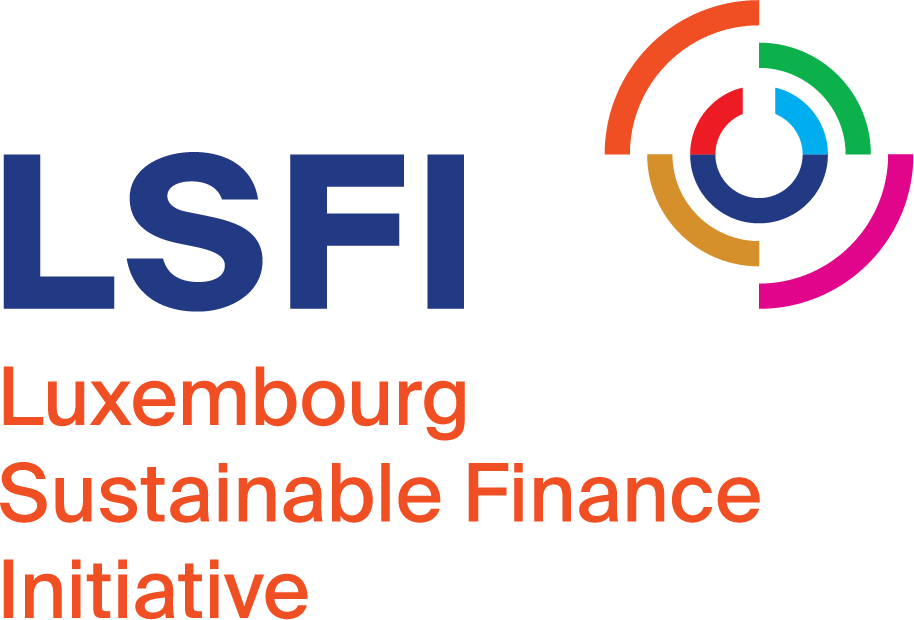Find below a list of the acronyms used in the LSFI Take Action – Regulation toolkit as well as the definitions of some key concepts which regularly appear when covering the regulation in depth.
Acronyms and Definitions
What the key terms mean
Acronyms:
- AIFs: Alternative Investment Funds
- AIFMs: Alternative Investment Fund Managers
- CAPEX: Capital Expenditures
- CSDDD: Corporate Sustainability Due Diligence Directive
- CSRD: Corporate Sustainability Reporting Directive
- DNSH: Do No Significant Harm
- EFRAG: European Financial Reporting Advisory Group
- EP: European Parliament
- ESG: Environmental, Social, Governance
- ESMA: European Securities and Markets Authority
- ESRS: European Sustainability Reporting Standards
- EU: European Union
- EU CTB: EU Climate Transition Benchmark
- EU GBS: EU Green Bonds Standard
- EU PAB: EU Paris-Aligned Benchmark
- FMPs: Financial Market Participants
- GBs: Green Bonds
- IPCC: Intergovernmental Panel on Climate Change
- MiFID II: Markets in Financial Instruments Directive
- NFRD: Non-Financial Disclosure Directive
- OPEX: Operational Expenditures
- PAIs: Principal Adverse Impacts
- SFDR: Sustainable Finance Disclosure Regulation
- SMEs: Small and Medium-sized Companies
- RTS: Regulatory Technical Standards
- TEG: Technical Expert Group
- UCITs: Undertaking for Collective Investment in Transferable Securities
Key Concepts & Definitions:
Art. 6 Products
As per SFDR, products that do not have any sustainability ambition.
Art. 8 Products
As per SFDR, products that either promote environmental and/or social characteristics.
Art. 9 Products
As per SFDR, products that have sustainability as their objective.
Delegated Act
Delegated acts are non-legislative acts adopted by the European Commission that serve to amend or supplement the non-essential elements of the legislation.
Directive
A « directive » is a legislative act that sets out a goal that all EU countries must achieve. However, it is up to the individual countries to devise their own laws on how to reach these goals.
Do No Significant Harm principle (DNSH)
Set of criteria that eligible economic activities must respect to ensure that they do not generate any significant negative impact on the other EU Taxonomy objectives.
Economic activity
Every activity a company performs that uses resources (e.g., labour) to generate a product (e.g., goods or services).
Financial Market Participants (FMPs)
FMPs are actors that take part in the market by purchasing and offering financial assets. Amongst others, FMPs in scope are:
- Alternative investment fund managers (AIFMs);
- UCITS management companies;
- Investment firms;
- Credit institutions providing portfolio management services.
Minimum social safeguards
Safeguards that ensure that a company and its economic activity(ies) adhere to the following internationally-recognised standards and guidelines:
- The OECD Guidelines for Multinational Enterprises.
- The UN Guiding Principles on Business and Human Rights.
- The principles and rights set out in the eight fundamental conventions identified in the Declaration of the International Labour Organisation on Fundamental Principles and Rights at Work and the International Bill of Human Rights.
Principal Adverse Impact
Environmental and social-related indicators that assess the (negative) impacts that investment decisions taken by FMPs have on sustainability factors, such as environmental and social issues.
Regulation
A « regulation » is a binding legislative act. It must be applied in its entirety across the EU.
Regulatory Technical Standards (RTS)
In the context of SFDR, these are standards that further detail the information FMPs must disclose by introducing, amongst others, a set of disclosure templates for products promoting environmental and/or social characteristics (Art. 8 I SFDR) and for products having sustainable investments as their objective (Art. 9 I SFDR).
Technical Screening criteria
Scientific-based quantitative and qualitative requirements and thresholds that an eligible economic activity must meet to be considered “significantly contributing to a sustainable objective”. These criteria are economic activity- and environmental objective-specific.

